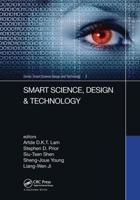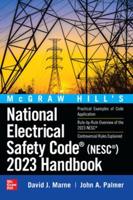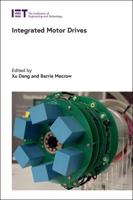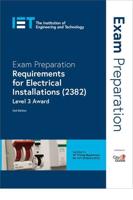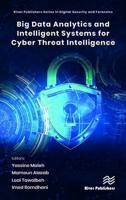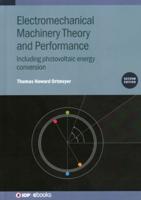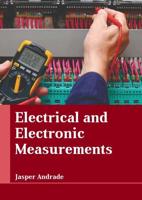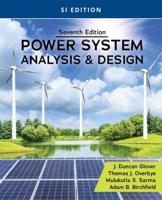Publisher's Synopsis
Fundamentals of Sensors for Engineering and Science is a practical analysis of sensors and measurement, designed to help readers make informed decisions when selecting an appropriate sensor for a given application. Spurred by a growing demand for information on the evolution of modern sensors, this book evaluates current applications to illustrate their wide range of uses, as well as the many ways they can be classified.
Emphasizing the underlying physics involved, author Patrick Dunn reviews the sensors commonly used in engineering and science. He also covers the sensors of the human body, as well as biomimetic sensors used to simulate human functions. The book organizes and describes contemporary examples of manmade sensors based on their core physical principles. Fundamentals including scaling considerations involved in micro- and nano-sensor development and uncertainty are introduced at the beginning of the text.
A companion to the popular Measurement and Data Analysis for Engineering and Science, Second Edition, this book will benefit instructors, industry professionals, and anyone else with an interest in this burgeoning field. Clarifying the primary role and key characteristics of sensors in engineering and science, this text includes a wealth of examples and chapter problems, and it also provides online links to updated ancillary materials.



